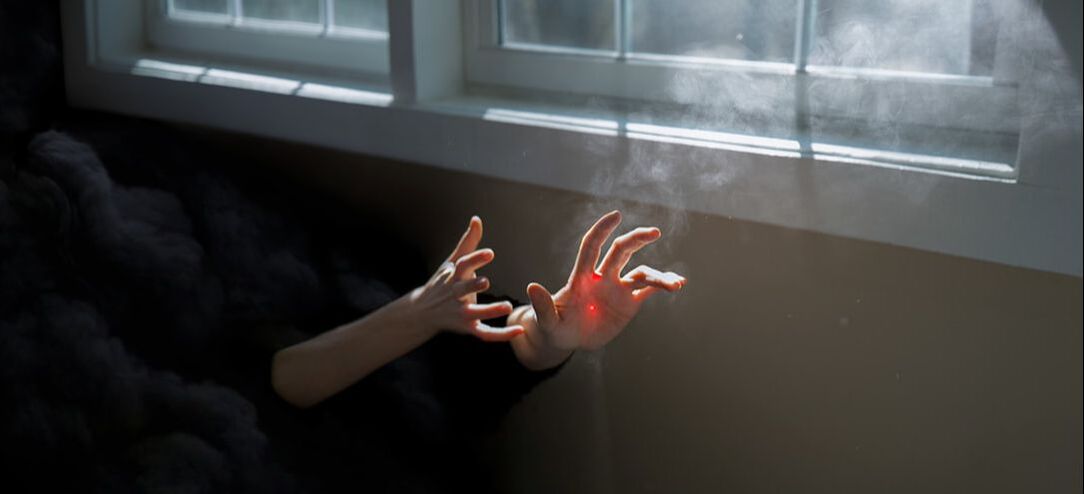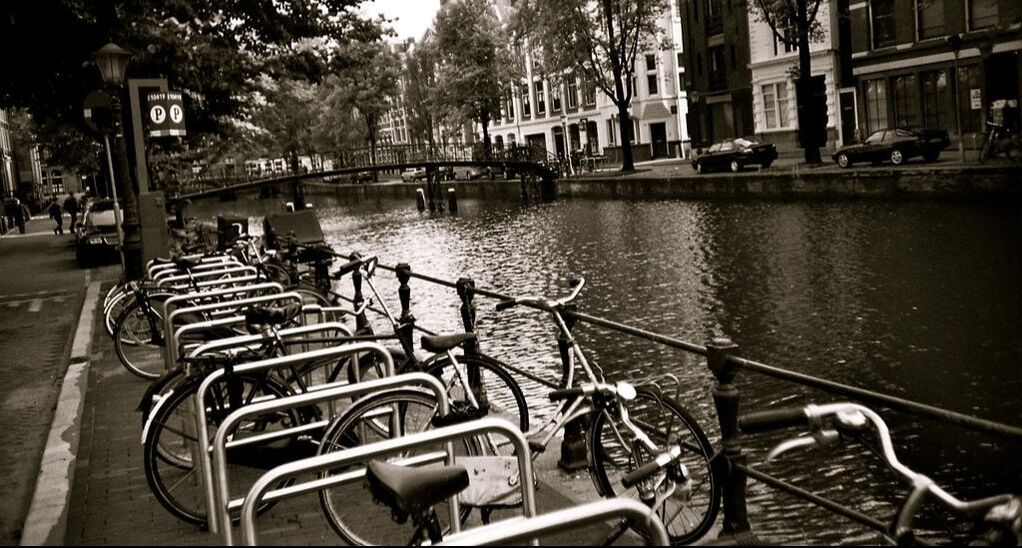|
Mariah Horner Let’s start with acknowledging my privilege. I am living in a spacious one bedroom home with my best friend, a very amenable kitten, lots of food, and strong support systems if things get really scary. Because of this privilege, like many other people, I’ve had a multitude of feelings these past three weeks that I have spent inside. Some I am proud of, others not so much. I am anxious, whiny, bored, experiencing “flu-like symptoms,” tired, sad, worried for my loved ones, overwhelmed with check-ins, yearning for more check-ins and also . . . curious about what’s next. Mainly, I think I am experiencing two things. The first, is grief. For tragedy and death, for suffering, for those who have loved ones far away, and for my recently unemployed friends. This week, a mentor of mine suggested I apply to my PhD ASAP because the performing arts ecology is about to be truly rocked. I don’t disagree. In a recent Toronto Star article, it is predicted that theatres in Toronto are about to lose a devastating $500 million in ticket sales this spring. I am worried for many of these companies and festivals across the country that form the bedrock of the Canadian theatre community. I deeply admire and respect many of the leaders of these organizations and believe in many of their mandates. I will say though, I am more worried for the people inside them than I am for the institutions themselves. Which brings me to the second thing I’m feeling. Curiosity? If you know me, then you know that in my opinion, capitalist systems need to GO. I am curious (and maybe even stoked) about what could replace neoliberalism and capitalist greed. (Aside: That said, fracking, pipelines, and land theft are still considered “essential work” in this country). In a YouTube video that surfaced in mid-March called Coronavirus Capitalism, economist Naomi Klein talked about two routes that American economy could take during the next few weeks. The first route is a bail-out of major industries like hospitality, tourism, airline, big business, oil and gas -- industries that can be detrimental to the climate crisis and the disenfranchised. The second route though, is an investment in clean industries and Green New Deal. Two options: We could save industries of the last century, or we could try something new. If we apply this perspective to Canadian performing arts economy, the question arises: Are some of these major theatre institutions “industries of the last century?” For better or for worse, they certainly rely on capitalist structures (subscriber bases, huge corporate donors, endowments, land ownership, etc) to survive. Brick and mortar institutions that have been around since the 1970s rely upon systems that have been in play since the 1970s to exist. Although this makes me uncomfortable to write, I’m more interested in investing in the “Green New Deal” of theatre than I am of saving capitalist institutions that have remained largely unchanged for 25+ years. Now that the capitalist systems they rely on have been put on hold, what are we making room for? When I think about the future of the live arts, I am grieving but I am also . . . curious. We’ll think of something? It might take us a while. In the same way I hope that capitalism topples in favour of something else, I’m hoping we don’t resurrect old institutions before we invest and imagine an entirely new phenomenon. I am not advocating for a shift entirely to the digital. The act of gathering live will remain paramount. In the likely case that this won’t blow over any time soon, people trapped in quarantine will be craving liveness and community and gathering more than ever. We are already seeing this with balcony singalongs and group fitness classes. Folks around the world are applauding for health care workers at a specified time each day. Like the scheduled applause, the act of social distancing is one of the most global acts of participation in history. We won’t call it art but many people are certainly taking part. Participation works best when everyone is doing it. All you have to do is play along. Sometimes it’s scary and confusing, but it’s often for good. One billion people for common good. That is participatory work. Because of this participatory effort in play over the last two weeks, I am unsurprised that Canadian artists who make participatory work are the first to begin to experiment with producing work right now - Outside the March, DLT, Convergence and Theatre Replacement had all announced new projects within a week of Ontario declaring a state of emergency. After all, these artists were already experimenting with the relationship between the audience and the art in their work. Theatre Replacement’s Bioboxes happened inches away from your nose. DLT’s The Stranger happened two steps behind the actor. Proximity is just another kind of distance. Suddenly these artists are working to connect and communicate from as far away as possible. How can we be close when we’re really far away? So far, this work is lo-fi. Because many artists are being forced to adapt their practises quickly, the aesthetic is not precious. It’s raw and intimate. It’s your cat walking across your Zoom call. It’s talking over each other and audio that cuts in and out. There is no rehearsal. That’s what excites me. It’s entirely uncharted territory. Less of a rebirth and more of an emergent phenomenon. If systems we once relied upon (like capitalism and gathering in groups) have been disrupted, I guess we have to get creative. Sometimes, we have to make something with nothing. I don't think it's right to patronize digital work as "quantity over quality". Everyone is trying. To be clear, in my opinion, this is not a crisis-tunity. This is a terrible thing that will make something new. To move forward we’re going to have to grieve but also we’re going to have to (eventually) pick ourselves up, innovate, and make new work for this new world.
1 Comment
|


 RSS Feed
RSS Feed
